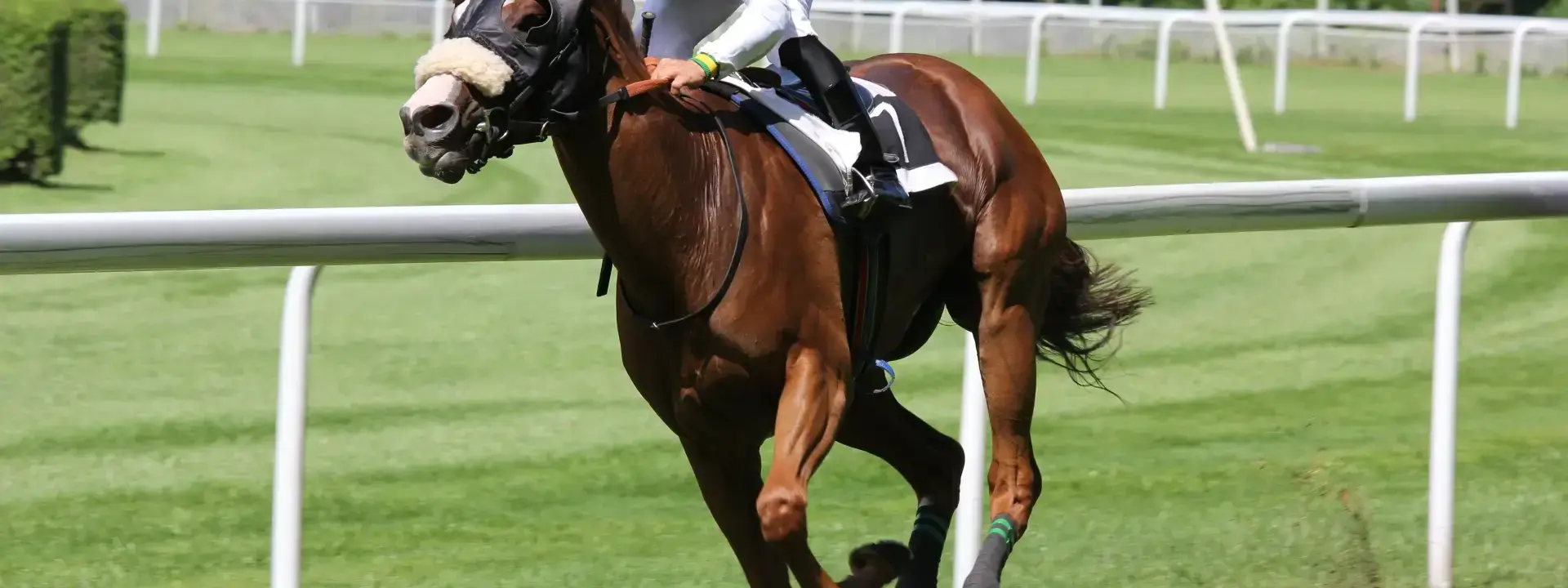
Jockey Job Description
What is a Jockey Professional?
A jockey is a person who is hired to ride horses in horse racing or in show jumping competitions. The jockeys main job is to control the horse during the race and try to guide it to victory. Jockeys are usually small in stature so that they can better handle the horses movements. They must be strong enough to hold on tight during the race, but light enough so as not to weigh down the horse and hinder its performance. Jockeys must have excellent riding skills and be able to communicate effectively with their horses. They must also be able to make quick decisions during a race and react quickly in case of an emergency.
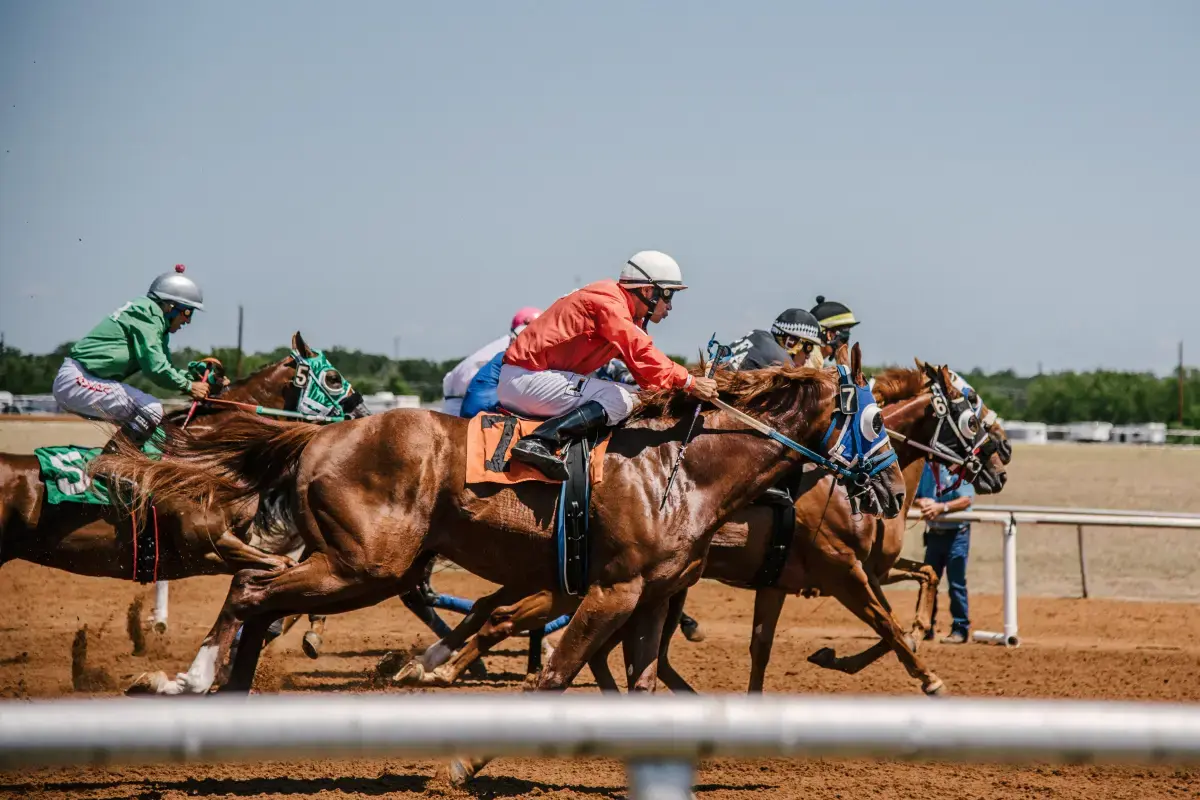
What does a Jockey Expert do?
The jockeys job starts long before the actual race. They must first help train the horse and get it ready for competition. This involves exercising the horse, grooming it, and making sure it is properly fed and hydrated. On race day, the jockey must again groom the horse and saddle it up for the race. During the race, the jockey must stay focused and use all their skills to guide the horse around the track at top speed. After crossing the finish line, they must cool down the horse and take care of any injuries it may have sustained during the race
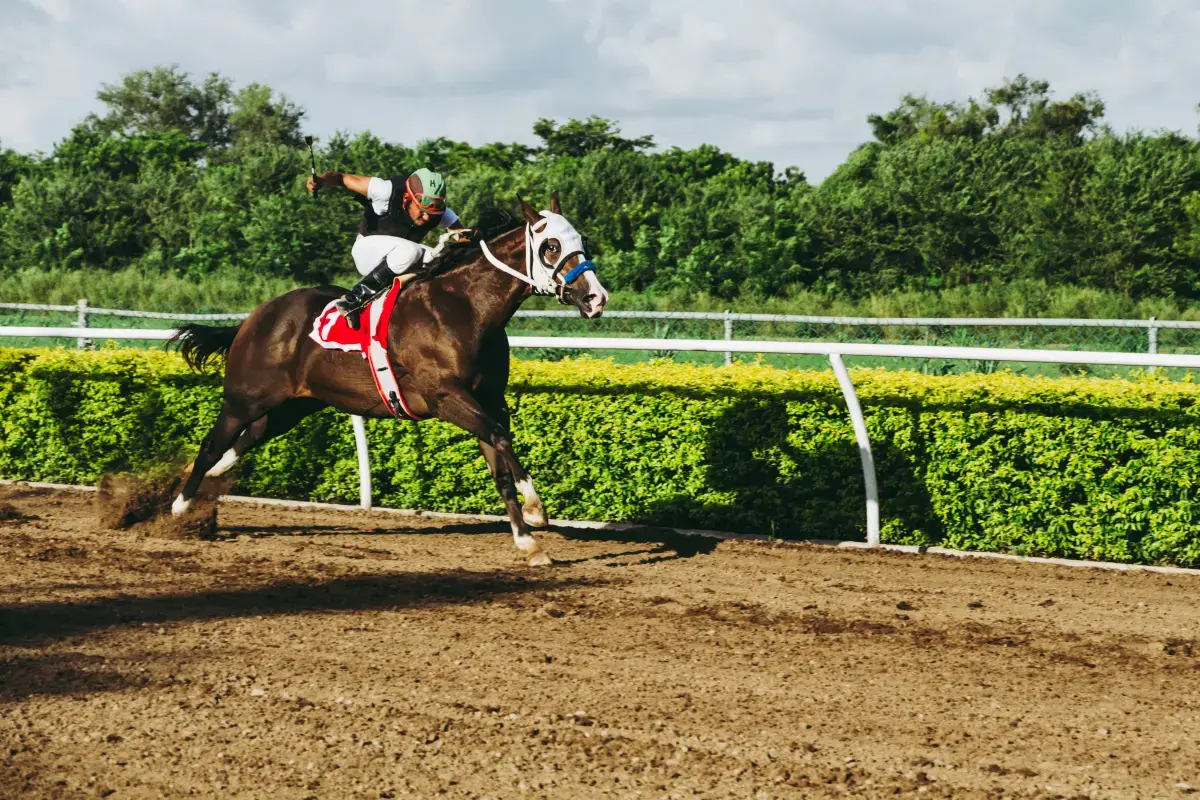
What are the Skills of a Jockey?
A jockey is a professional horse rider who competes in horse races. Jockeys must be physically fit and have excellent horse riding skills. In addition to being skilled riders, jockeys must also be knowledgeable about race tactics and be able to make split-second decisions during a race. Jockeys typically begin their careers as apprentice riders, working their way up the ranks by riding for smaller racing stables and gaining experience racing at lower levels. As they gain more experience, jockeys are able to ride for larger stables and compete in more prestigious races. The top jockeys in the world earn millions of dollars per year riding for the biggest racing stables and competing in the most prestigious races.
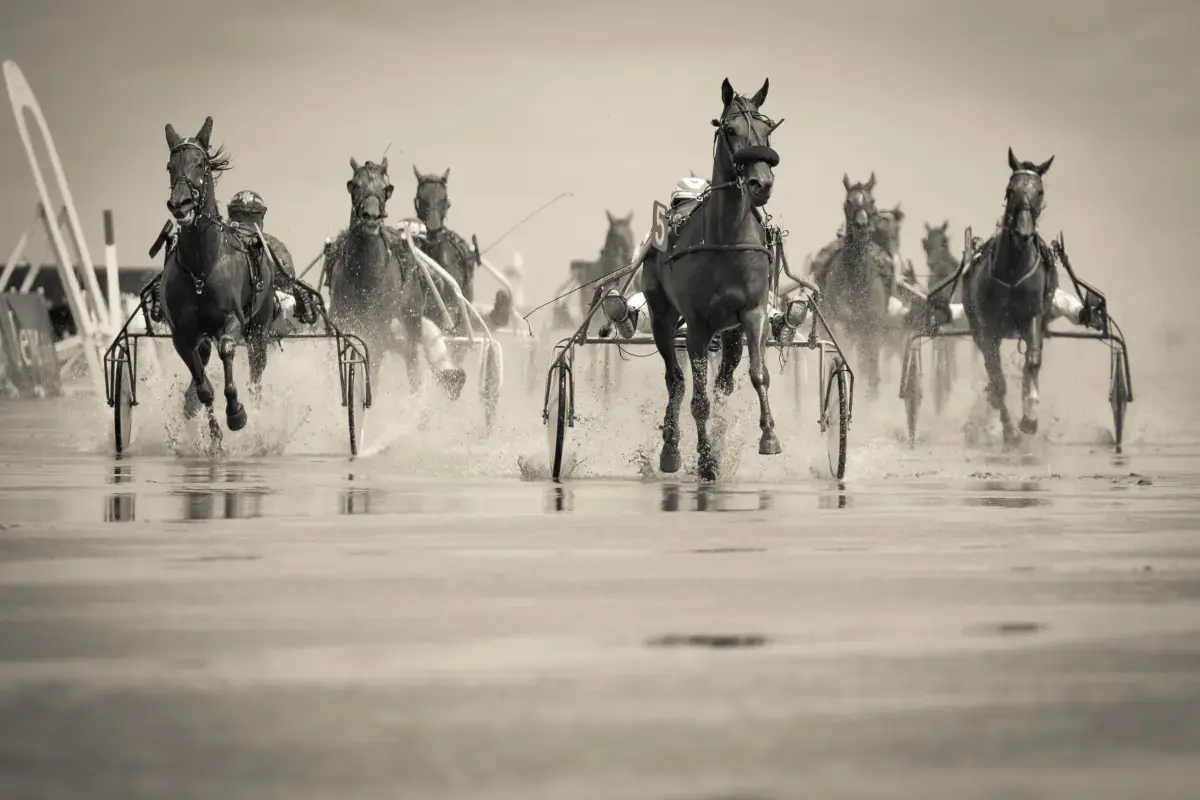
What makes an Expert Jockey?
To become a successful jockey, one must first possess natural horsemanship abilities and a passion for horses. One must also be willing to put in the hard work required to maintain peak physical condition. In addition, a successful jockey must have excellent timing, reflexes, balance, and focus.
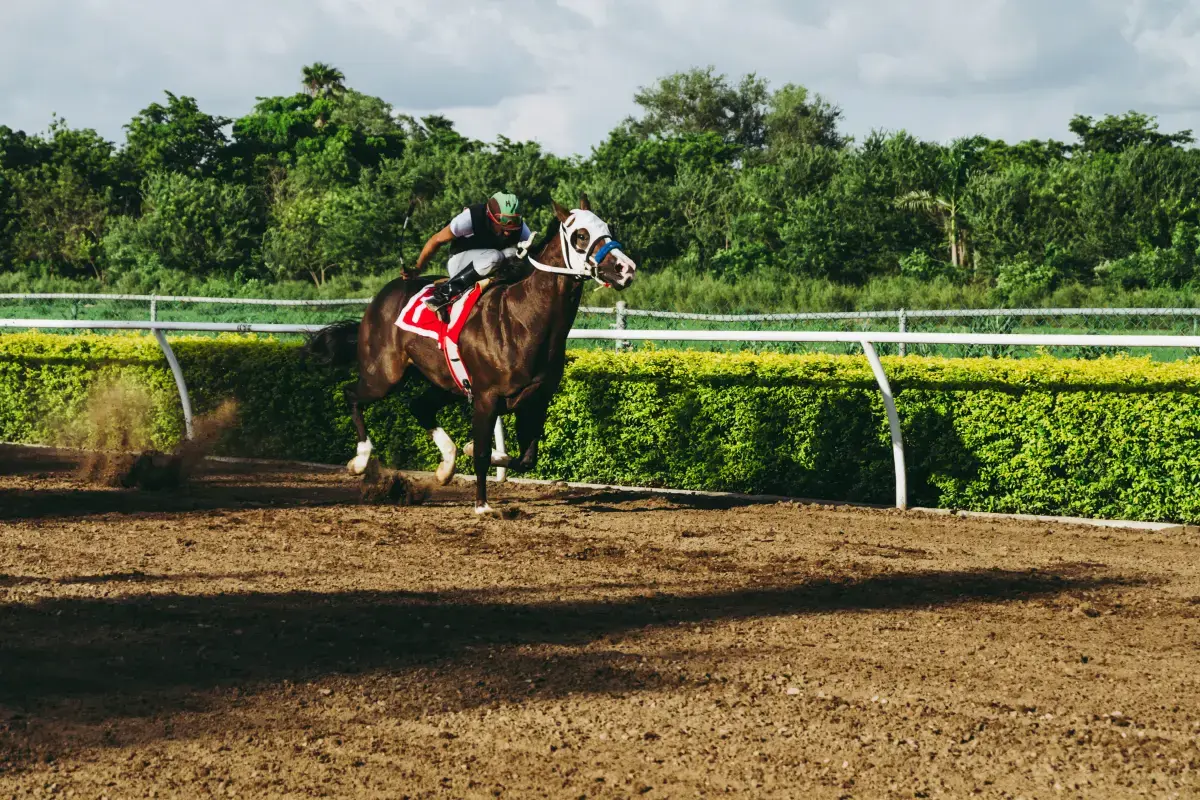
What level of Experience & Qualifications are required to be a Jockey?
Industry Experience: 1. At least 5 years of experience as a jockey in the horse racing industry. 2. Demonstrated success in competitive races and ability to handle horses safely and effectively. 3. Knowledge of race rules, regulations, and safety protocols for jockeys. 4. Ability to work with trainers, owners, and other personnel associated with the horse racing industry. 5. Familiarity with different breeds of horses and their characteristics that affect performance on the track. Training: 1. Completion of an approved jockey training program or apprenticeship program under a licensed trainer or instructor is required by most states before becoming a professional jockey in the United States (US). 2. Training includes learning how to ride horses properly, understanding race rules and regulations, developing strategies for winning races, learning how to care for horses before and after races, as well as developing physical fitness levels necessary for riding at high speeds over long distances while controlling large animals weighing up to 1 tonne or more! Qualifications: 1. Must be 18 years old or older (in some states 21) in order to obtain a license from the state racing commission where they plan on competing professionally as a jockey; this may require passing an exam demonstrating knowledge of racing rules & regulations specific to that state/jurisdiction prior to being granted permission by the commissioning body responsible for licensing riders within its jurisdiction(s). 2 .Must have completed an approved training program or apprenticeship under a licensed trainer/instructor prior to applying for licensure from any given state’s racing commission; this may include additional requirements such as passing drug tests & background checks depending upon individual jurisdictions’ laws & regulations governing professional sports participants like horse racers/jockeys specifically within their respective boundaries/territories respectively! Education: 1 .High school diploma or equivalent is typically required by most states before obtaining licensure from their respective commissions governing professional sports participants like horse racers/jockeys specifically within their respective boundaries/territories respectively! 2 .Completion of college-level courses related directly towards equine studies such as animal science & veterinary medicine are highly recommended but not necessarily required depending upon individual jurisdictions’ laws & regulations governing professional sports participants like horse racers/jockeys specifically within their respective boundaries/territories respectively!
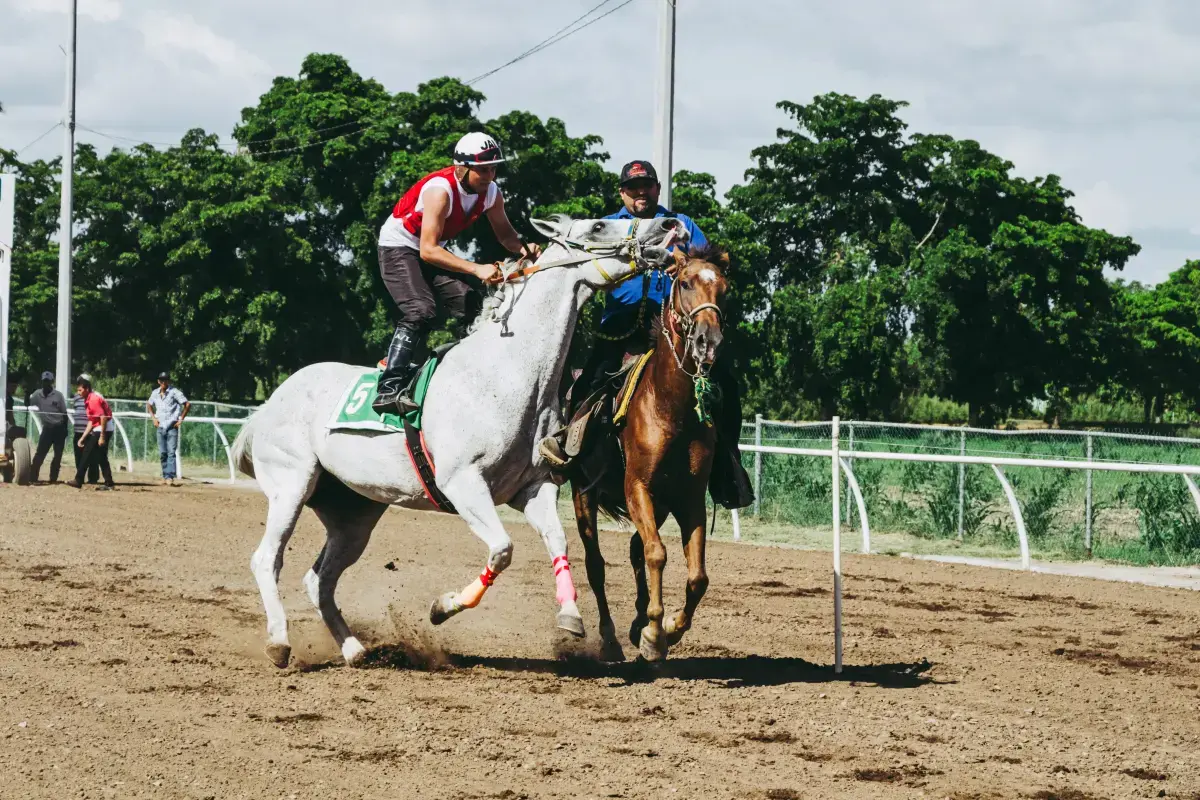
What is the Salary of a Jockey?
The salary expectations of a jockey can vary greatly depending on experience, success, and the type of racing. Junior jockeys typically earn less than senior jockeys due to their lack of experience and success. A junior jockey may expect to make anywhere from $30,000 to $50,000 per year in base salary. This amount can be supplemented with additional earnings from race winnings or other bonuses. As a jockey gains more experience and success, they may be able to command higher salaries. Senior jockeys may expect to make anywhere from $60,000 to over $100,000 per year in base salary. Again this amount can be supplemented with additional earnings from race winnings or other bonuses. In addition to base salary and race winnings/bonuses, some experienced senior-level jockeys may also receive endorsements or sponsorships which could further increase their overall income potential.
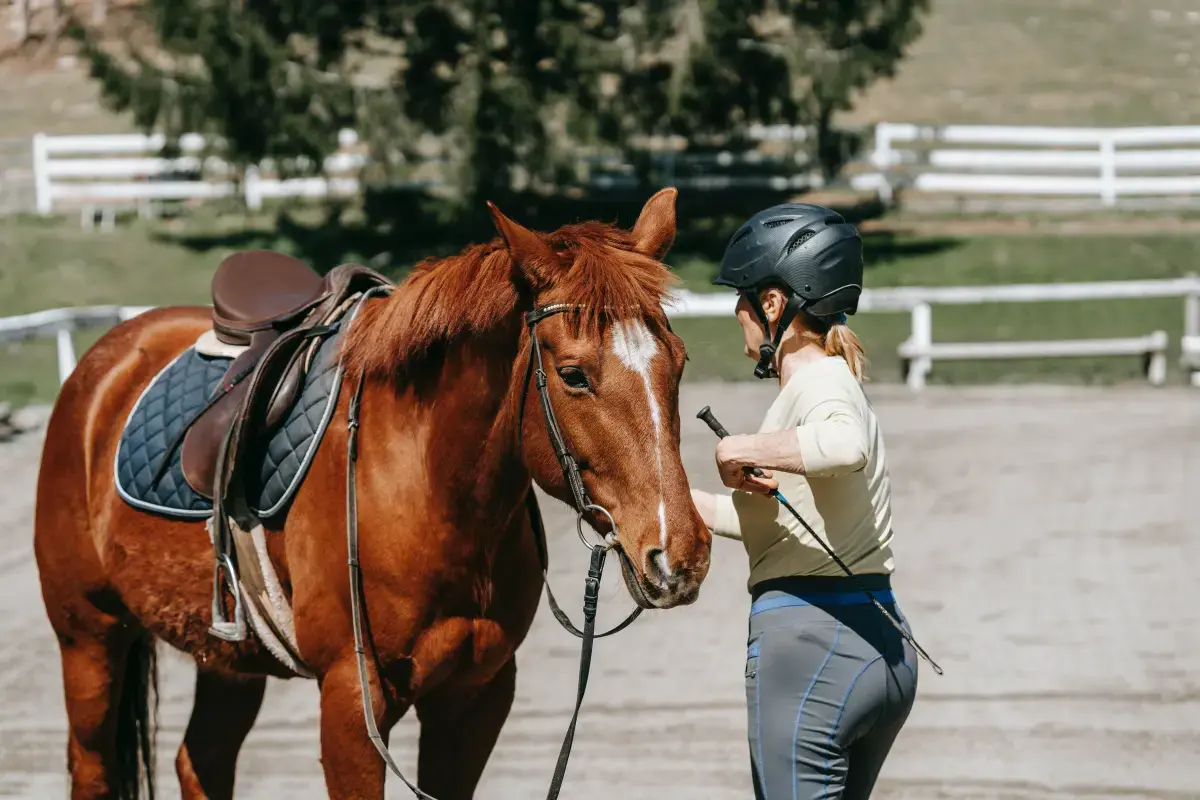
What are the Working Conditions for a Jockey?
Jockeys work long hours and often have to travel to different race tracks. They must be physically fit, as they are required to ride horses for extended periods of time. Jockeys must also be able to handle the pressure of competing in races and making split-second decisions while riding a horse at high speeds. Jockeys typically work on a freelance basis, meaning that they are not employed by any one racing stable or track. This means that jockeys may need to move around frequently in order to find new opportunities and races. In addition, jockeys must adhere to strict safety regulations when riding horses, including wearing protective gear such as helmets and body protectors. They must also maintain their weight within certain limits in order to ensure the safety of both themselves and the horse they are riding. Finally, jockeys must stay up-to-date with industry news and trends in order to remain competitive in their field. This includes keeping abreast of changes in rules or regulations related to racing, as well as staying informed about upcoming events or races that may offer them an opportunity for success.

What are the roles and responsibilities of a Jockey?
A jockeys primary responsibility is to ride horses in races, either flat racing or steeplechase.
After the race, jockeys must weigh themselves and report their weight to the Racing Secretary so that handicaps can be calculated for upcoming races.
0 and
and
-20% of the purse for winning a race,
-
Jockeys must be licensed in order to race.
% for finishing third; however, these percentages vary greatly from track to track and country to country. Additionally, many top jockeys are paid retainers by owners which give them a guaranteed income regardless of how often they win or place in races.
The typical age of a jockey is between
During the race, a jockey may use his whip to encourage his mount, but excessive use can result in penalties from race stewards.
Jockeys typically weigh between
0 and 1
pounds (
2 kg), though there is no upper weight limit.
0 years old.
Jockeys must be able to control their mounts while racing at high speeds on potentially dangerous racetracks.
% for finishing second, and 3-
Jockeys typically receive
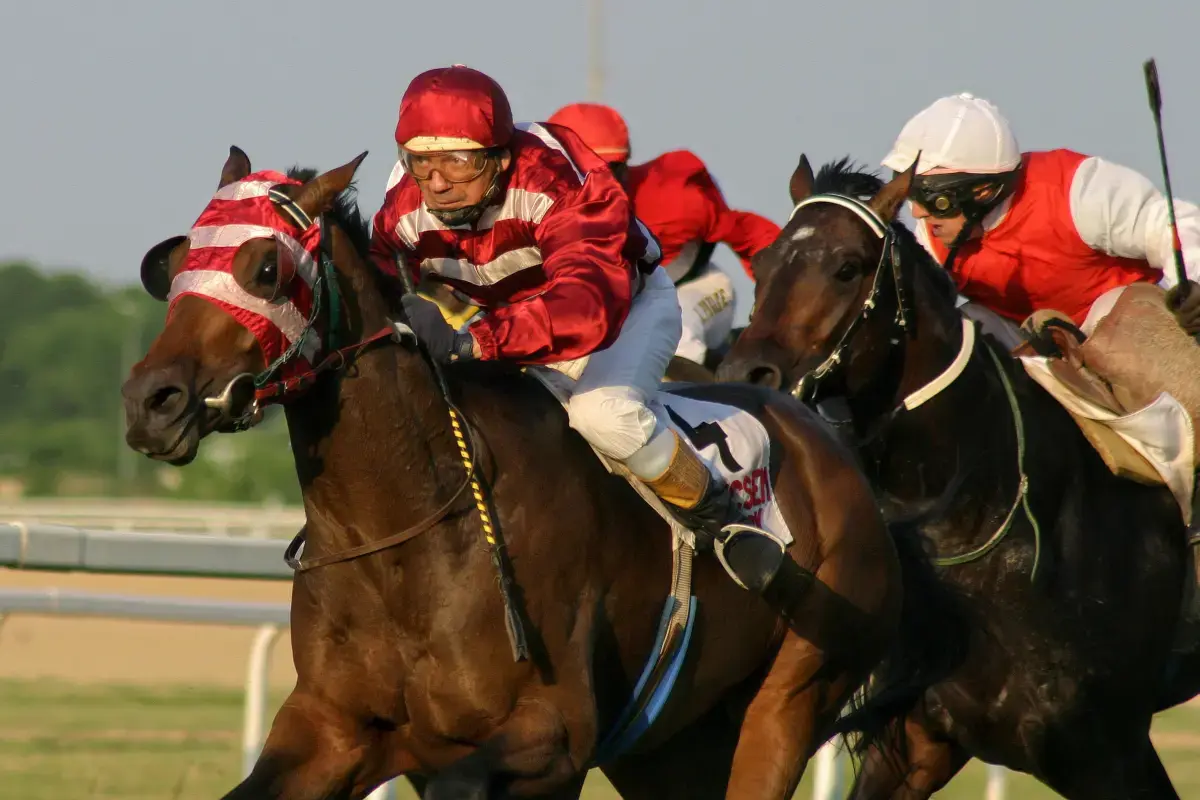
Where can I find Jockey jobs?
- Create a profile on gigexchange and promote your Jockey skills to advertise you are Open to New Work Opportunities
- Ensure your Resume (or CV), or online work profile is up to date and represents your skills and experience. Ensure your reputation reflects your ability & attitude.
- Apply for Jockey Jobs advertised on gigexchange.
- Practise Jockey interview techniques to ensure you represent your personality and ability succinctly and confidently.
- Accept the job offer if the salary meets your expectations and the employer mission and purpose reflects your core values.
Jobs
What are the best job boards for Jockey jobs?

How can I hire Jockey staff online for my business?
The best job board for recruiting Jockey experts is gigexchange.com. Advertise full-time, part-time or contract jobs to find, hire & recruit trusted, experienced and talented Jockey candidates near you.
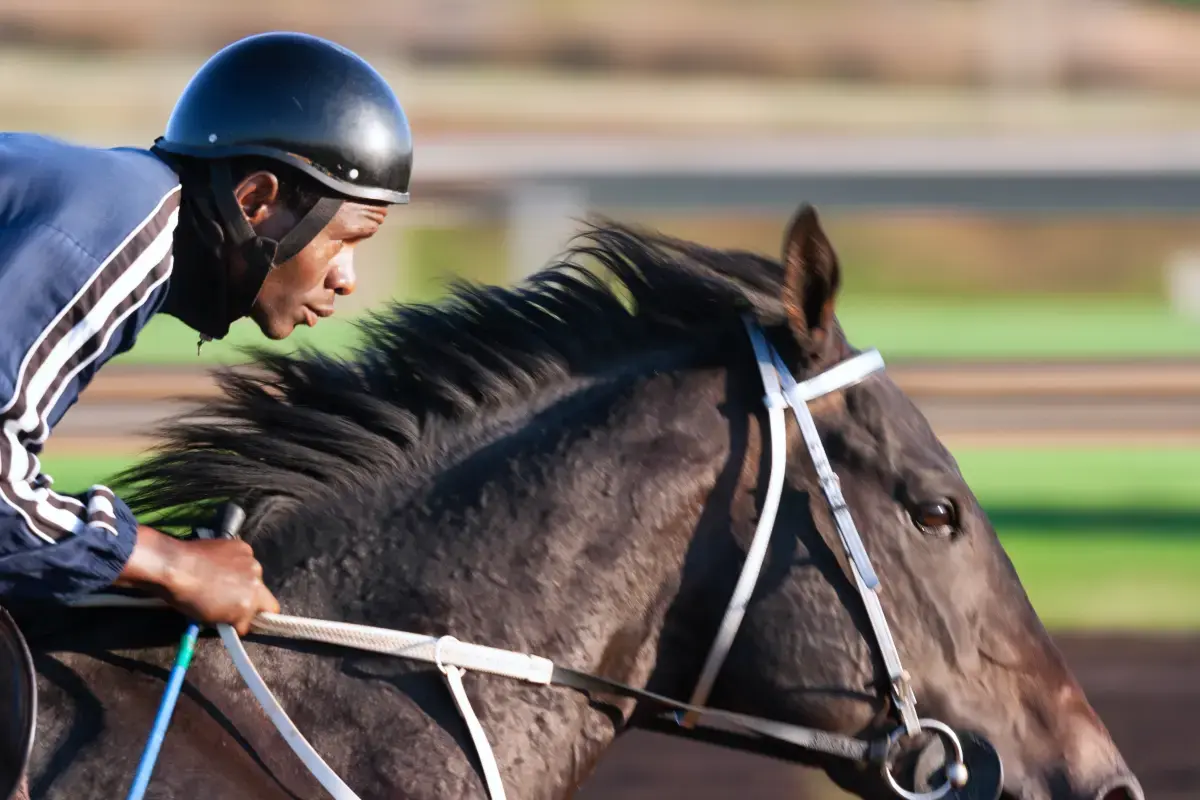
Are Jockey roles in demand in 2026?
Jockey experts are still in high demand in 2026. If you are an experienced Jockey or looking to train and become one. The job market is looking strong for Jockey jobs near me.